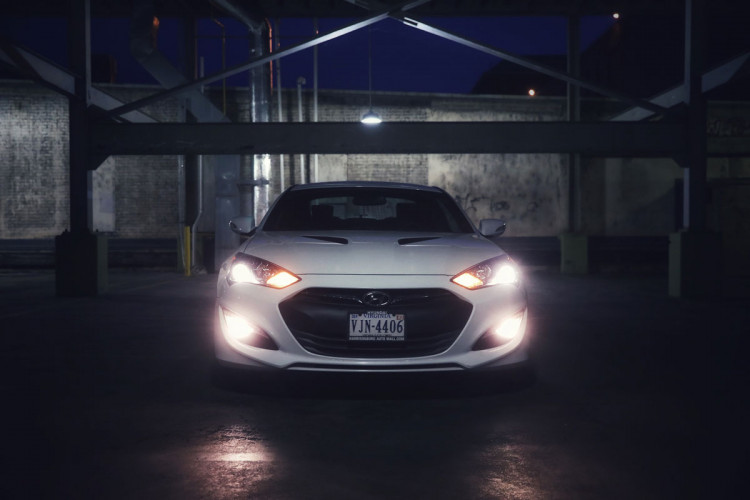There is a new player in the driverless vehicles sector as Microsoft joins GM subsidiary Cruise in the quest to produce commercially available self-driving cars.
The driverless vehicle industry saw the entry of Microsoft as a new player in the field when it teamed up with GM subsidiary Cruise to develop commercially available self-driving cars. Reports indicate that the software giant chipped in some $2 billion investment for the venture.
Company officials say the entry of Microsoft in the arena provides a big boost in speeding up the commercialization of self-driving cars. With the equity investment of Microsoft, which reports indicate is around $2 billion, along with investments made by GM and Honda, Cruise's valuation is now estimated to reach a whopping $30 billion.
A Strategic Partnership
According to Microsoft and GM subsidiary Cruise, the two companies are entering a "long-term strategic relationship," although made it also clear that their partnership is not exclusive. Sources say that the tandem is one of Microsoft's first ventures with an autonomous vehicle firm. The software giant also entered an agreement in October last year with Wayve, a UK-based startup specializing in developing systems for self-driving cars.
.@GM is up 9% today, perhaps partly because of this $2 billion investment by @Microsoft into their driverless car unit!https://t.co/skNJS3owIc https://t.co/EL4hJEnQRW pic.twitter.com/rJbrCphHeV — Sarbjeet Johal (@sarbjeetjohal) January 19, 2021
In the case of Cruise, the GM subsidiary commits to using Azure, the cloud computing platform of Microsoft, as part of their agreement. Cruise officials say this will help hasten the process of earning off its fleet of self-driving cars. As for Microsoft, the company will use its partnership with Cruise to widen its reach into the transportation sector.
"Advances in digital technology are redefining every aspect of our work and life, including how we move people and goods," Satya Nadella, CEO of Microsoft, said in a statement. He also said that with Microsoft as the preferred cloud platform of GM subsidiary Cruise, they could use the power of Azure to help them scale and take self-driving cars mainstream.
A Driverless Taxi Service
Before it entered into a partnership with Microsoft, GM subsidiary Cruise already started testing its self-driving cars in the San Francisco area. However, the company restricted its use to only its own employees. Cruise also planned in the past to launch a commercial taxi service in 2019 but the plan failed to materialize. The company has yet to announce a new date for its launch.
While Microsoft is mostly absent from the race to develop self-driving cars, GM subsidiary Cruise, on the other hand, unveiled its fully self-driving prototype vehicle last year. The driverless prototype has no pedals, steering wheel, or any other controls usually found in cars that need human beings to drive it. Company officials say the self-driving car will go into production at the Detroit-Hamtramck plant of GM.


